
29 Apr 1930

All Quiet on the Western Front
When a group of idealistic young men join the German Army during the Great War, they are assigned to the Western Front, where their patriotism is destroyed by the harsh realities of combat.
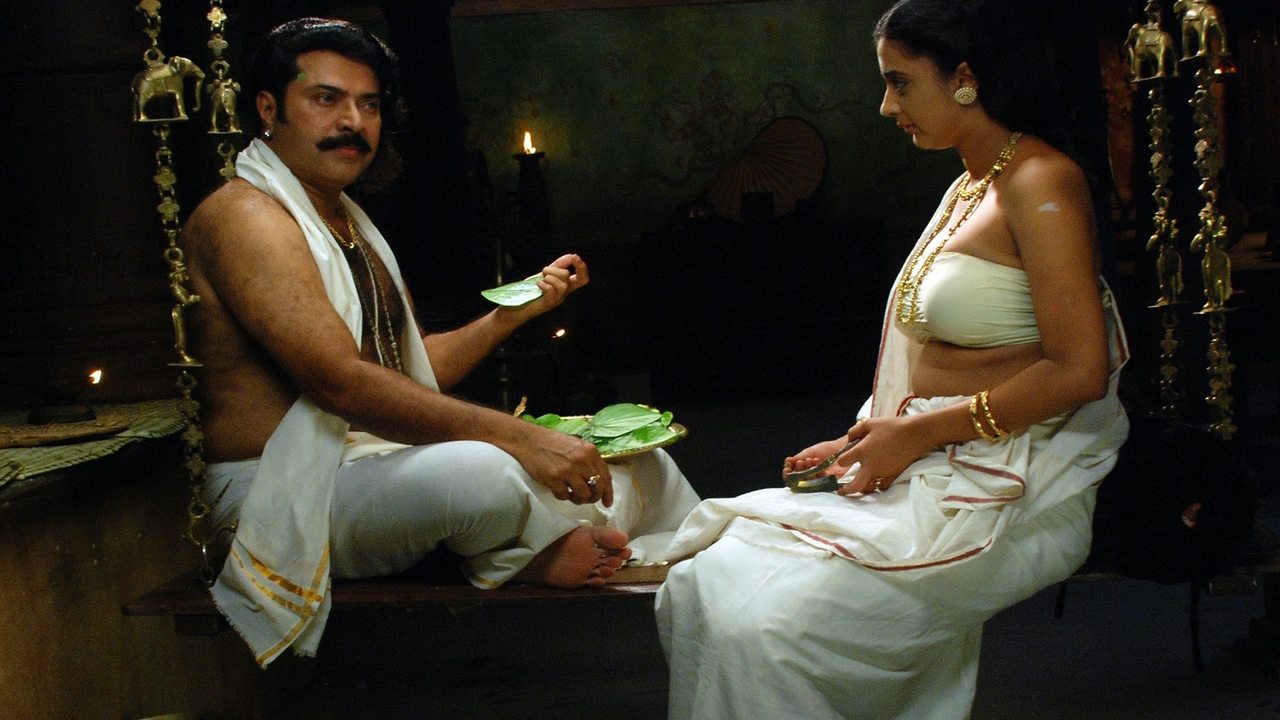
Set in the backdrop of the seventeenth century, the royal family of Kottayam is ruled by Pazhassi. The British government begins to impose heavy taxes on the locals in the Thalassery region of Kerala.

Pazhassi Raja

Edachena Kunkan Nair
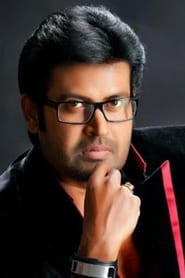
Thalakkal Chandu

Kaitheri Ambu

Kaitheri Makkam

Neeli

Thomas Hervey Baber
Major James Gordon
Dora Baber
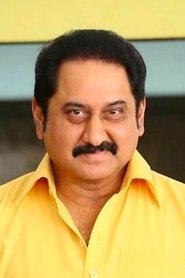
Pazhayamveedan Chandhu
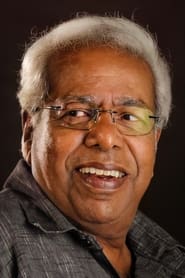
Kurumbranaadu Raja Veera Varma
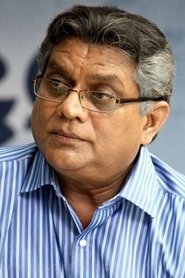
Kanara Menon
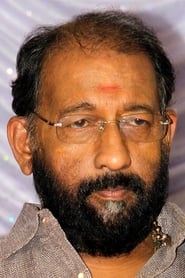
Moopan

Kannavathu Nambiar

Emman Nair

Unni Mootha
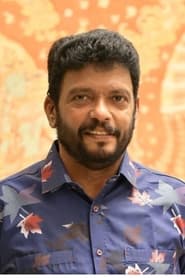
Bhandari

Athan Gurukkal

Chirakkal Thamburatty
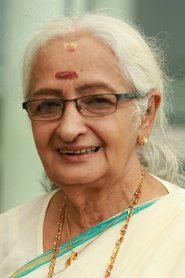
Kaitheri Thamburatty

29 Apr 1930

When a group of idealistic young men join the German Army during the Great War, they are assigned to the Western Front, where their patriotism is destroyed by the harsh realities of combat.

21 May 2001

The lifelong friendship between Rafe McCawley and Danny Walker is put to the ultimate test when the two ace fighter pilots become entangled in a love triangle with beautiful Naval nurse Evelyn Johnson. But the rivalry between the friends-turned-foes is immediately put on hold when they find themselves at the center of Japan's devastating attack on Pearl Harbor on Dec. 7, 1941.
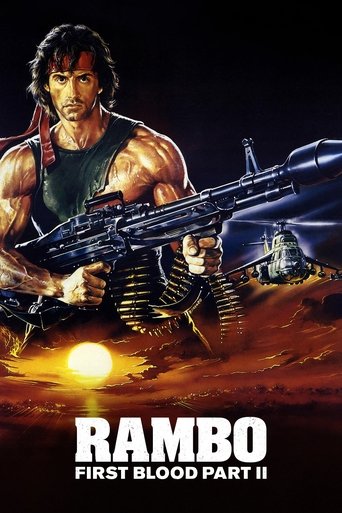
21 May 1985

John Rambo is released from prison by the government for a top-secret covert mission to the last place on Earth he'd want to return - the jungles of Vietnam.
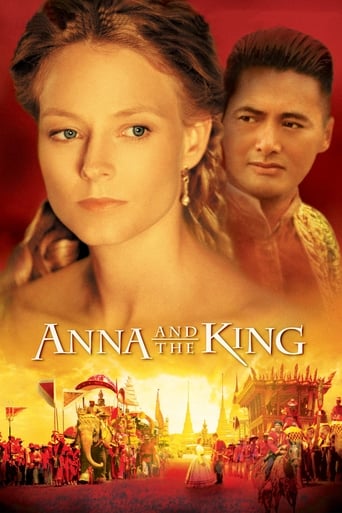
16 Dec 1999

The story of the romance between the King of Siam (now Thailand) and the widowed British school teacher Anna Leonowens during the 1860s. Anna teaches the children and becomes romanced by the King. She convinces him that a man can be loved by just one woman.
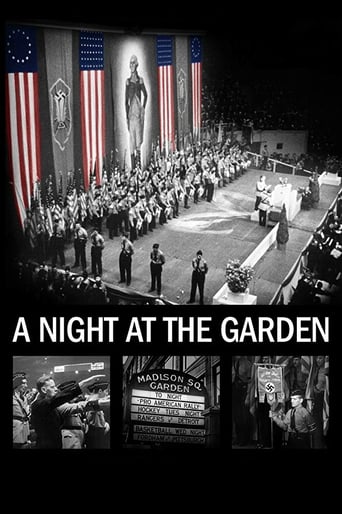
24 Sep 2017

Archival footage of an American Nazi rally that attracted 20,000 people at Madison Square Garden in 1939, shortly before the beginning of World War II.
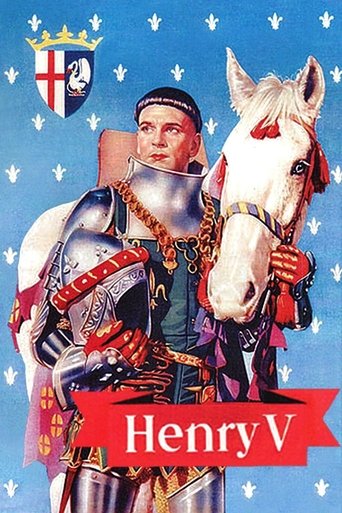
24 Nov 1944

In 1415, in the midst of the Hundred Years' War, the young King Henry V of England embarks on the conquest of France.
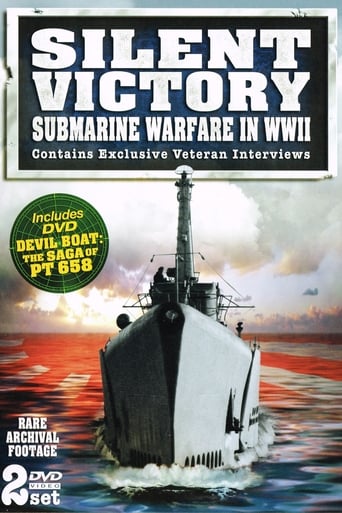
13 Apr 2010

This World War II documentary rests on an unusual thesis: it argues that, in the wake of Pearl Harbor, the actions precipitated by the U.S.A.F. that truly helped turn the tide were perpetrated not by the widely-ballyhooed U.S.N. aviators or aircraft carriers, but by the American submarines - silent warriors beneath the deceptively placid ocean surface. The subs, after all, were responsible for gravely wounding Japan's industry, all but destroying the Japanese merchant fleet, and therefore preventing reinforcement of Japanese military garrisons. In relaying this story, the program draws on a series of interviews with military veterans, and endless archival footage of naval battles that chronologically tells the gripping story of the Pacific Front of the war.
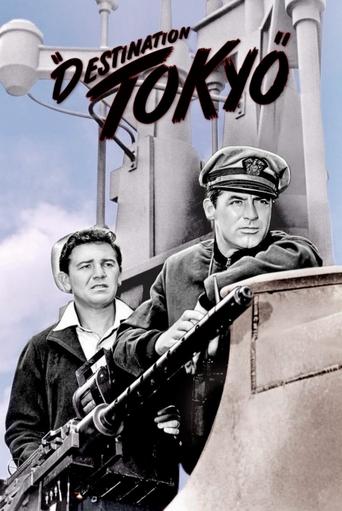
31 Dec 1943

During World War II, Captain Cassidy and his crew of submariners are ordered into Tokyo Bay on a secret mission. They are to gather information in advance of the planned bombing of Tokyo. Along the way, the crew learn about each other as they face the enemy and some of them lose their lives.
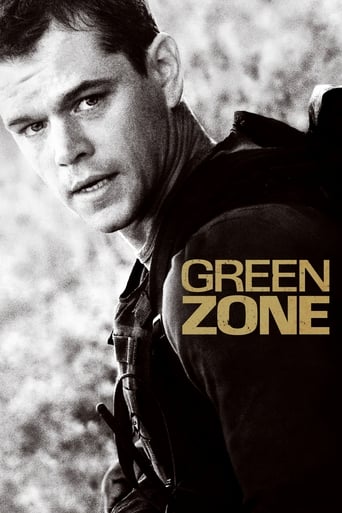
11 Mar 2010

During the U.S.-led occupation of Baghdad in 2003, Chief Warrant Officer Roy Miller and his team of Army inspectors are dispatched to find weapons of mass destruction believed to be stockpiled in the Iraqi desert. Rocketing from one booby-trapped and treacherous site to the next, the men search for deadly chemical agents but stumble instead upon an elaborate cover-up that threatens to invert the purpose of their mission.
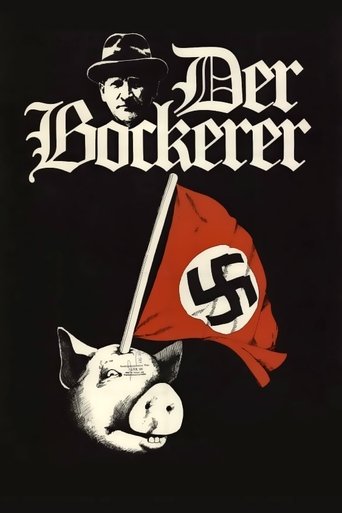
19 Jan 1981

A politically naive Viennese butcher manages to survive the Nazi occupation of Austria and the second world war.

01 Jul 2016

In the 19th century, China held the monopoly on tea, which was dear and fashionable in the West, and the British Empire exchanged poppies, produced in its Indian colonies and transformed into opium, for Chinese tea. Inundated by the drugs, China was forced to open up its market, and the British consolidated their commercial dominance. In 1839, the Middle Empire introduced prohibition. The Opium War was declared… Great Britain emerged as the winner, but the warning was heeded: it could no longer depend on Chinese tea. The only alternative possible was to produce its own tea. The East India Company therefore entrusted one man with finding the secrets of the precious beverage. His mission was to develop the first plantations in Britain’s Indian colonies. This latter-day James Bond was called Robert Fortune – a botanist. After overcoming innumerable ordeals in the heart of imperial China, he brought back the plants and techniques that gave rise to Darjeeling tea.
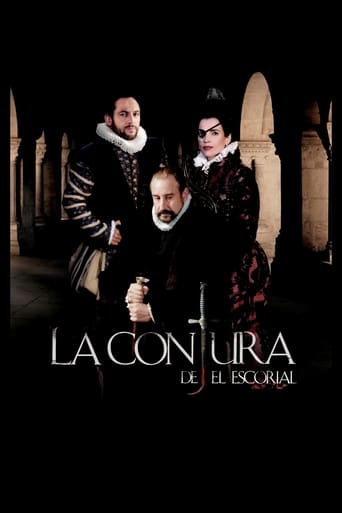
05 Sep 2008

16th century ruler King Philip II of Spain maneuvers within a court of deceit and betrayal
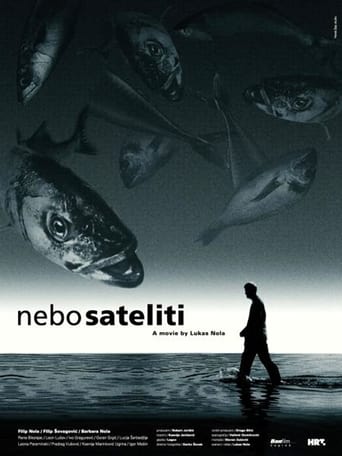
01 Jan 2000

When two enemy sides ex-change the captives in the middle of a minefield, a nameless man without identity and memory, subsequently named Jakov, leaves the column unnoticed and wanders around in order to minimize other people's sufferings. On his dangerous journey, he meets a female first-fighter who runs an orphanage, a commander who got back from Foreign legion and runs a defense line from a disco club, and goes through many other adventures only to end up in the endless backwaters of the Neretva river where war threats to arrive.
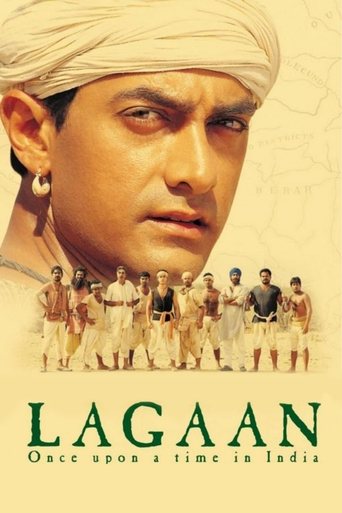
15 Jun 2001

The year is 1893 and India is under British occupation. In a small village, the tyrannical Captain Russell has imposed an unprecedented land tax on its citizens. Outraged, Bhuvan, a rebellious farmer, rallies the villagers to publicly oppose the tax. Russell offers a novel way to settle the dispute: he challenges Bhuvan and his men to a game of cricket, a sport completely foreign to India. If Bhuvan and his men can defeat Russell's team, the tax will be repealed.
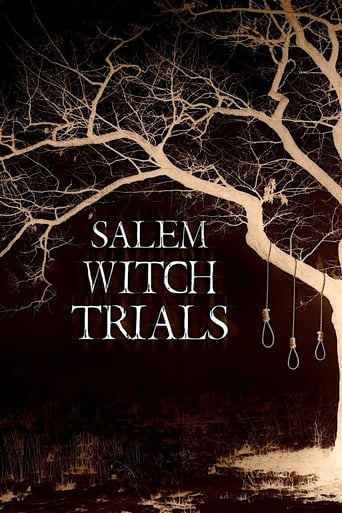
24 Dec 2002

Salem, Massachusetts. A small town—with no clear governing body—became embroiled in a scandal that forever stands as one of the darkest chapters in American history. For those accused of witchcraft by their neighbors and friends, there was little chance of clearing their names; the mass paranoia that ravaged through the community took the lives of 19 innocent men and women.
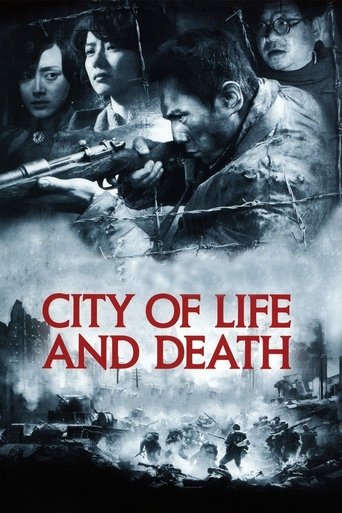
22 Apr 2009

In 1937, during the height of the Second Sino-Japanese War, the Imperial Japanese Army has just captured Nanjing, then-capital of the Republic of China. What followed was known as the Nanking Massacre, or the Rape of Nanking, a six week period wherein tens of thousands of Chinese soldiers and civilians were killed.
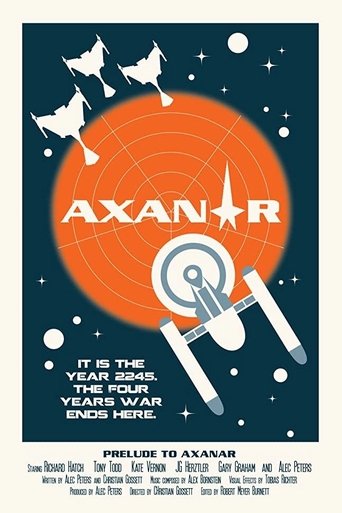
26 Jul 2014

Prelude to Axanar is a short film that will give viewers a historical look at the events leading up to the Battle of Axanar, the central event of the film Axanar. The short is a historical look at the battle of Axanar, filmed like a History Channel special. Each character will give a different view of the war with the Klingons leading up to the final confrontation that will be chronicled in Axanar, which will be released later this year. Prelude will tell viewers about the war and what it meant to each side. Figures from both sides will talk about how the war started, how the Klingons were better prepared for war, how Starfleet built their fleet, and how the war was fought from both the Federation and Klingon perspectives. You will hear from Robert April talk about building the Enterprise, Starfleet Admiral Ramirez talk about building the Starfleet, Garth of Izar telling the story of his rise to fame and Kharn, the Klingon Supreme Commander give the Klingon view of the war.
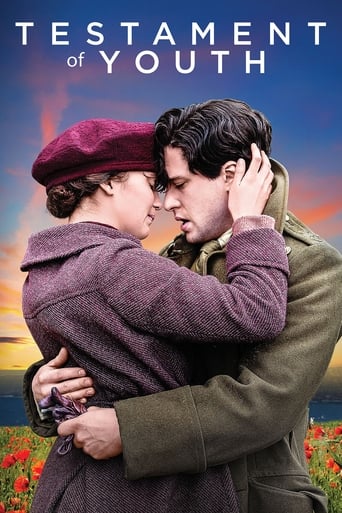
16 Jan 2015

Testament of Youth is a powerful story of love, war and remembrance, based on the First World War memoir by Vera Brittain, which has become the classic testimony of that war from a woman’s point of view. A searing journey from youthful hopes and dreams to the edge of despair and back again, it’s a film about young love, the futility of war and how to make sense of the darkest times.
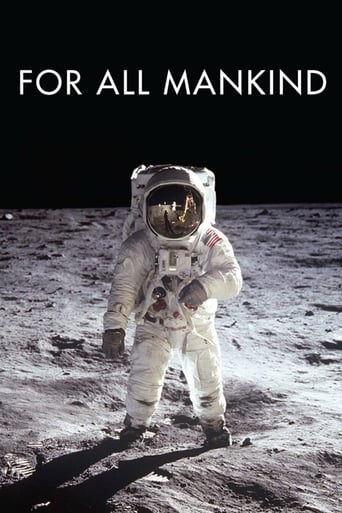
01 Nov 1989

A testament to NASA's Apollo program of the 1960s and '70s. Composed of actual NASA footage of the missions and astronaut interviews, the documentary offers the viewpoint of the individuals who braved the remarkable journey to the moon and back.
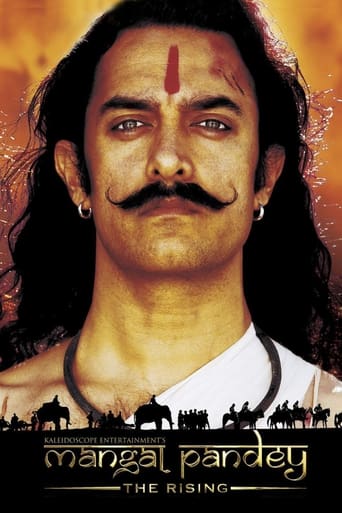
12 Aug 2005

The film begins in 1857, when India was ruled by the British East India Company. Mangal Pandey is a sepoy, a soldier of Indian origin, in the army of the East India Company. Pandey is fighting in the Anglo-Afghan Wars and saves the life of his British commanding officer, William Gordon. Gordon is indebted to Pandey and a strong friendship develops between them, transcending both rank and race.